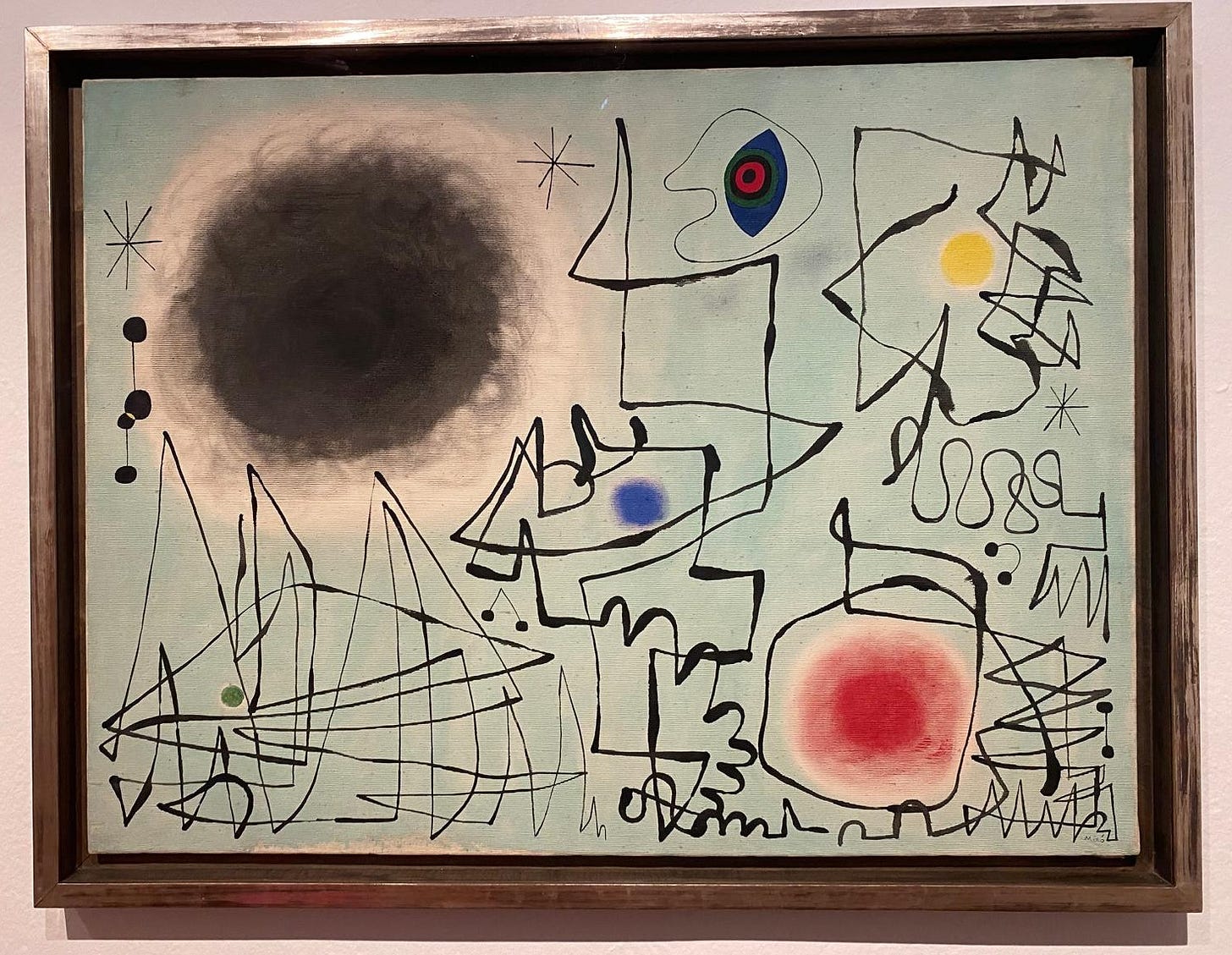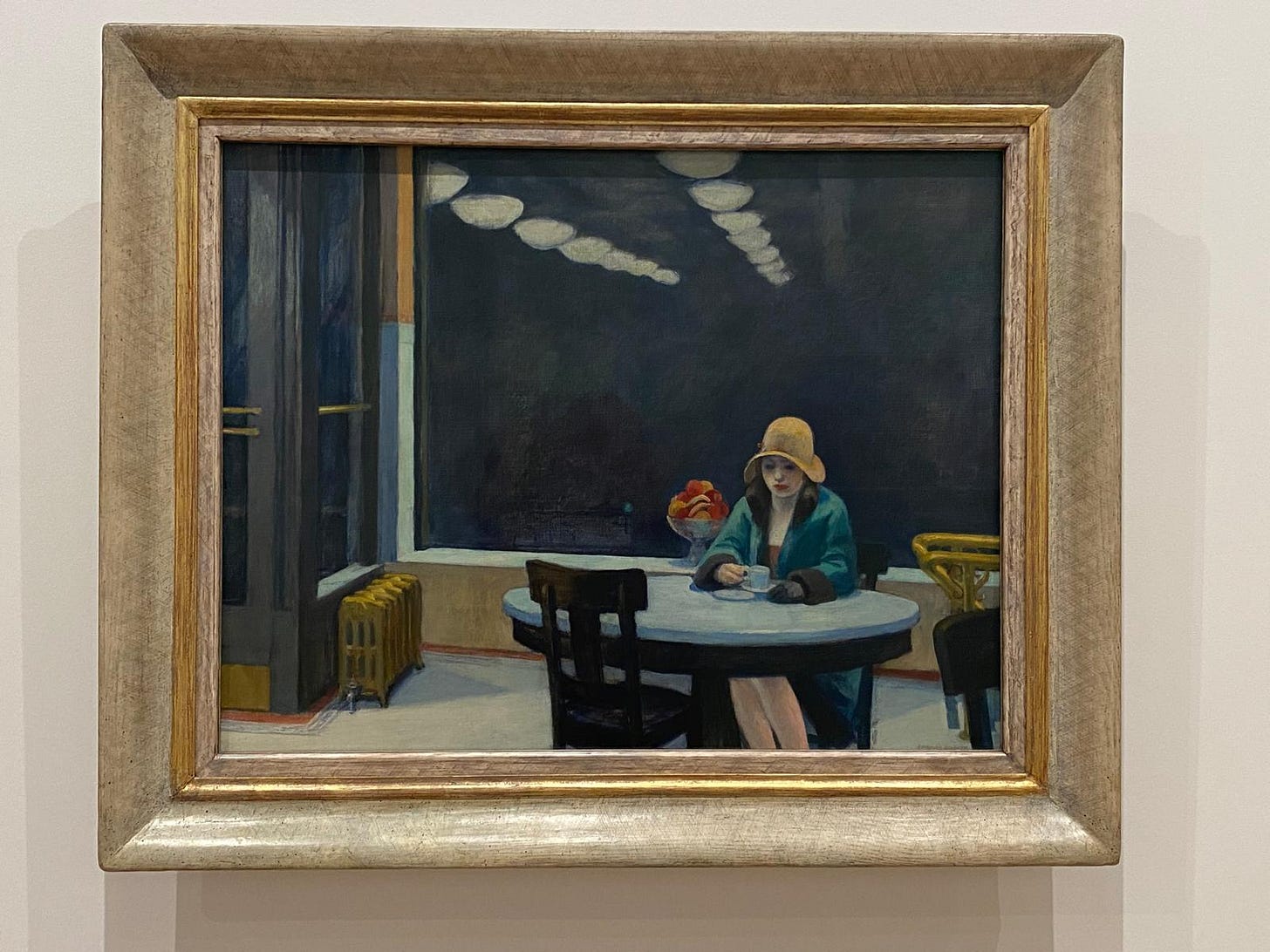In last week’s post, I shared a ritual inspired by my friend’s family that helps set the tone for the year. It involves reflecting on three simple but meaningful questions: What are you letting go of? What are you grateful for? And what word will guide you through the months ahead?
In that post, I explored the first question—what I’m letting go of—and how perfectionism has shaped my thoughts and actions. Today, I want to turn to the second question:
What are you grateful for?
Gratitude has a way of shifting our perspective, and this reflection helped me see how I think about love and the role it plays in my life.
I am grateful for my capacity to love those around me. For so long, I’ve said I’m grateful for the love I receive and feel from others—especially my friends—but I’ve come to realize that framing love in this way places too much pressure and expectation on others. It also overlooks the agency I have to create, contribute to, and grow love.
Recently, while reading Conversations on Love, one line really stood out to me: “Wanting your partner to do things the way you would is the death of love.”
In reading this line, I noticed how much of the conflict, sadness, or disappointment I’ve experienced in relationships (be it romantic, familial, or friendship) stems from wanting the love I receive to look a certain way—to be expressed and reciprocated exactly as I express it. When love doesn’t meet those expectations, I fall into patterns of frustration or control. My mind tells me: If only they did this thing this way or that thing that way, everything would be fine.
But that frustration isn’t really about the other person; it’s about my own fear. I fear that if love doesn’t appear in the forms I accept or understand, it means less to the other person than it does to me. It feels like I’m giving so much of myself, and they aren’t loving me back in the same way. That fear boils down to one thing: being afraid of losing love.
And that fear really comes from a scarcity mindset. I’ve convinced myself that if I lose the love someone gives me, I won’t be able to recreate it or find it again. Inherent in this belief is the false idea that there is only one good form of love and that love is a limited resource tied to specific people or moments.
But the truth is, love is abundant. It takes many forms and appears in ways we may not recognize if we’re too focused on controlling how it’s expressed. Love isn’t something that diminishes when it changes or evolves. In fact, the more we practice loving others—fully, freely, without conditions—the more love we grow within ourselves. And the more love we grow, the more we attract love from others
Love also requires both giving and receiving to truly thrive. There’s no point in being loved if you don’t love back; it diminishes the exchange, leaving the connection hollow and empty. Loving isn’t just an instinct—it’s something we learn and relearn, over and over, because each person in our lives is different. Each relationship will ask something unique of us, requiring us to adapt, grow, and understand how to love in ways that resonate with the other person.
In his latest album, Bad Bunny sings, “Mientras uno está vivo, uno debe amar lo más que pueda.” (Translation: “As long as we are alive, we should love as much as we can.”) That feels like a good mantra to live by. Because when we love without fear, without expectation, and without needing it to look a certain way, we not only give love more freely—we also create space for love to surprise us and fill us in ways we never imagined.
And that’s the kind of love I want to grow: a love rooted not in scarcity but in abundance. A love that is resilient, expansive, and endlessly renewable.






abundant loveee, amazing concept